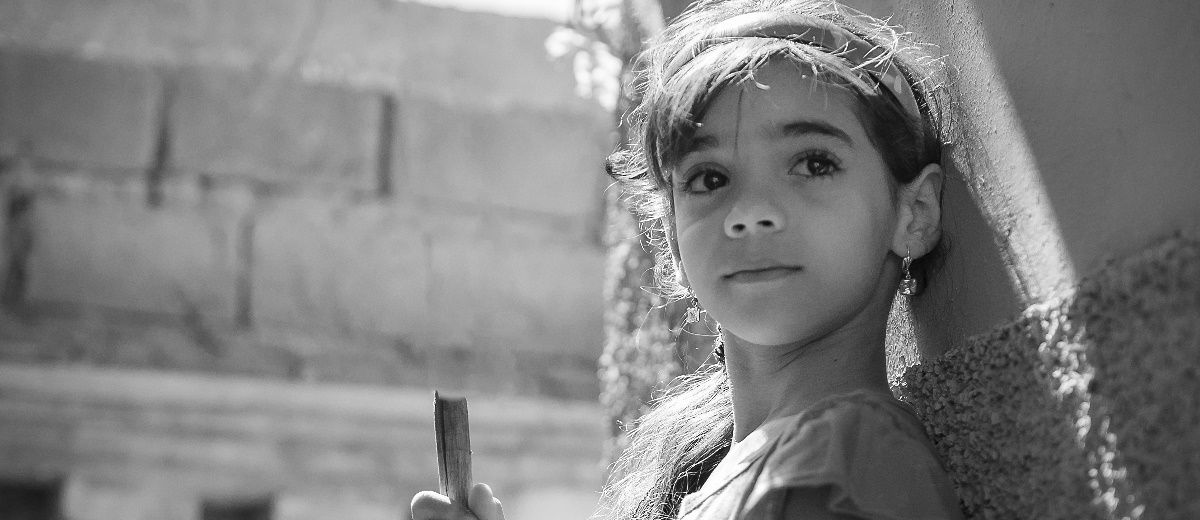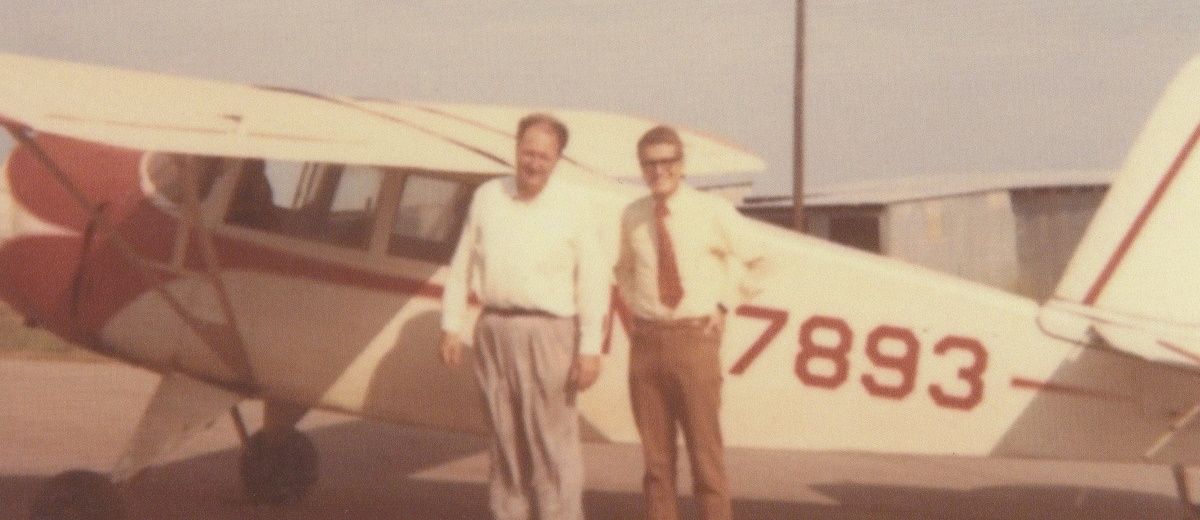Seeking the Shadow of the National

"And the things that thou hast heard of me among many witnesses, the same commit thou to faithful men, who shall be able to teach others also." II Timothy 2:2
After resigning as a teacher from the public school system, I surrendered to preach and enrolled in the School of the Scriptures at First Baptist Church in Milford. In 1989, Melissa and I began our missionary journey in Alberta, Canada where we established the Vision Baptist Church in Leduc. Following the installment of a Canadian pastor and becoming Canadians ourselves, we answered the Lord’s call to go to the unlikely island nation of Communist Cuba.
Since then, we have made the focus of our ministry to quietly and deliberately train Cuban nationals to do the Great Commission. In 1999, I began training two faithful men in the dining room of our home in Havana. This would be the humble beginning of Berean Bible Institute, a means by which Cuban men and women could be equipped for ministry. Since that time, Berean has grown into several provinces producing scores of graduates. As a result, 34 churches have been started and countless missions in Cuban cities as well as in rural locations.
II Timothy 2:2 is our founding verse for ministry in Cuba: “And the things that thou hast heard of me among many witnesses, the same commit thou to faithful men, who shall be able to teach others also.” The end goal has been the training of faithful men which will ensure the continuation of ministry in a repressed and restricted nation.
I wish I could tell you that II Timothy 2:2 had always been my ministry mantra, but it had not. When we first arrived in Havana and unpacked our bags on a sweltering July afternoon, we began to contemplate the limitations of ministry and the reality of our situation. Though only 90 miles from the United States, we were in an altered world: anti-American propaganda greeted us on billboards and blasted from the television and radio; suffering and hardship were on every corner; there was a scarcity of basic necessities (such as toilet paper); adjusting to the rapid-fire Cuban Spanish was exhausting; but worst of all, no one wanted us there.
A particular event framed our introduction into that repressed place that seemed to further exasperate our circumstances. Word had reached us of the tragic accident in Africa that claimed the lives of Bob, John, and Sarah Hayes. I sat stunned at the news. I remembered Bro. Bob Hayes preaching with such passion and conviction during that missions conference in February 1986 when I had surrendered to the call of foreign missions. I recalled how we had accomplished ministry during the ensuing years in Canada. Now this.
Our heroes had been taken home and we pondered the actuality of starting a church in a place where we did not know how to minister. What had been successful in Canada would not work here. No public speaking; no door-to-door soul-winning; no renting a building where people could congregate; no evangelistic or church planting campaigns were permitted. Religious work of any kind was prohibited without a religious visa. We were not even candidates for a visa. We had come to that desert place in our lives: sad, frustrated, and we questioned, “Why would God have brought us here?” Memories of crisp Alberta winters and a welcoming congregation of faithful Canadians haunted me.
In Leduc, Alberta, we started the Vision Baptist Church and spent five and one-half wonderful years there building the work. We worked hard during that time and had tangible results. We were accepted and felt as though we had found the place God would have us for many more years to come. From the very beginning of our ministry, I would have told you that II Timothy 2:2 was an important verse in our philosophy of ministry. However, it was not until that Fall of 1998 in Havana, Cuba that I realized that the training of a few faithful men would be the only thing we could do on the island. We ourselves would not plant churches; we would not start a Christian school, build bus routes, pastor a church, etc. as we had in Canada.
Every country in the world is unique. Even countries that are in the same geographic region and speak the same language have varying histories, cultures, attitudes towards foreigners, levels of education and literacy, and forms of government. A methodology (not a biblical principle) may work well in one country and not at all in another. We have lived in four vastly different countries over a ministry of 30 years; the political systems include a representative democracy, a constitutional monarchy (parliamentary system), and for the past 19 years a communist dictatorship. We refer to the latter as a Restricted Access Country (RAC). What had been successful in Canada would not work in Cuba. We adjusted our methodology, re-worked our goals, and discovered that God’s purpose was for us to seek and remain in the shadow of the national.
The idea of Berean Bible Institute was birthed in May 1999 in Havana, Cuba. There were two young men who came to us asking to be trained for ministry. By November of 2001, the group had grown to four. In the beginning, progress was slow, but deliberate as men were sought who were teachable, not driven by economic motives and would be governed by principles and not by circumstances. In February of 2004, the goal of establishing training stations in various Cuban provinces was realized with these “faithful” men now training others.
To summarize, due to the limitations on foreigners doing religious work in Cuba, we were providentially led, actually forced to adapt our ministry to II Timothy 2:2 and the training of “faithful men.” The result has been several church-planting projects across the island, initiated, established, and pastored by graduates of Berean Bible Institute, all Cuban nationals. In July 2005, Berean Bible Institute placed itself under the umbrella of the only legally recognized independent Baptist church on the island. This was a huge advancement towards the goal of establishing non-affiliated Baptist churches throughout the entire island through Cuban nationals.
Our goals are simply to prepare Cubans for ministry who are not bound by the same limitations as foreigners. We desire to facilitate and equip the nationals to plant and pastor churches and to do the Great Commission. In reference to our own involvement, discretion is key and although we have always sought to “fly below the radar,” I am keenly aware that any trip could be my last. Our goal is for the national team and their endeavors to flourish, regardless of my presence.
Lessons learned:
• The training for adequate leadership takes years. The primary work of the missionary should be in training leadership and to be a facilitator of church-plants, each with its own national pastor. The Apostle Paul did not spend time recounting all the churches he planted. Luke reported where they traveled and that they “ordained elders in every city.”
• Putting together a team from the beginning has proven to be indispensable. The Apostle Paul listed at least 74 people who co-labored with him. Planting multiple churches in a few years to impact entire regions rather than just one church should be our church-planting model.
• Building the national leader and trusting him will allow him to own his passion, rather than duplicate mine. Maintaining a learner’s attitude with the national has educated me in the culture, language, and nuances of everyday life, in addition to forming an interdependence among those with whom I labor.
• An imported Western church will soon be associated with the Western “man” who initiated it. If Christianity is a message for all peoples, then the church must be capable of taking root in foreign soil. A local native church should be “foreign” only to the extent of its heavenly character, not because of any human trademark.
During our time laboring in Cuba, we have had a strong sense of relaying to Cubans their role in the Great Commission and to introduce an “all peoples” philosophy of ministry. Due to restrictions on every side and the limited view of our Cuban brothers, it seemed a distant goal in the early years. However, we now see this desire coming to fruition as Berean Bible Institute has increased their vision and the byproduct of Christian maturity has produced a desire to make God known in all the earth. The Lord has led us to the next phase of our ministry in the introduction of TAINO Ministries. This pioneer expansion is to assist Cubans to enter ministry as missionaries among the peoples of Central and South America in countries with similar political leanings. The ultimate goal is to produce World Christians, taking steps to look beyond their island to reach all nations and kindreds and people and tongues.






